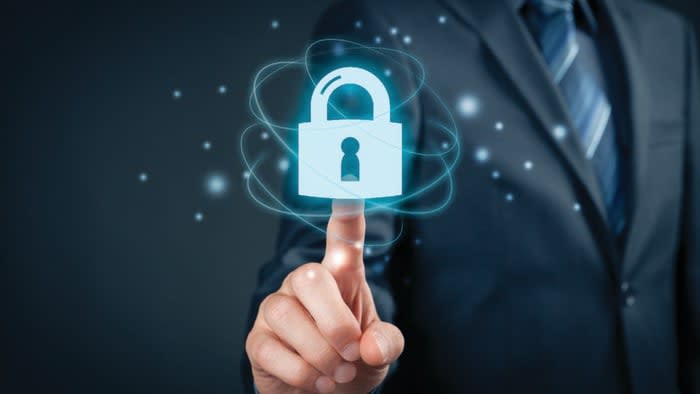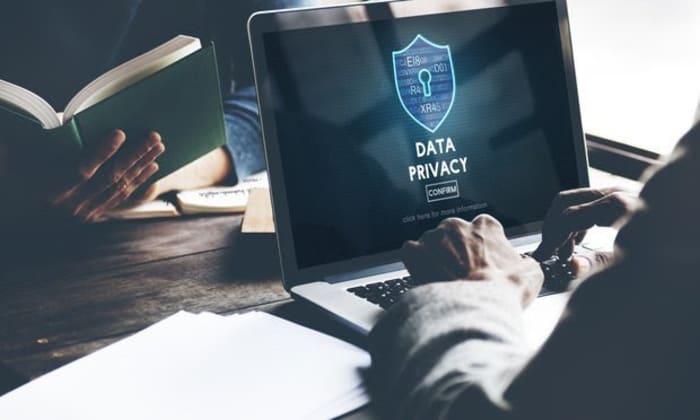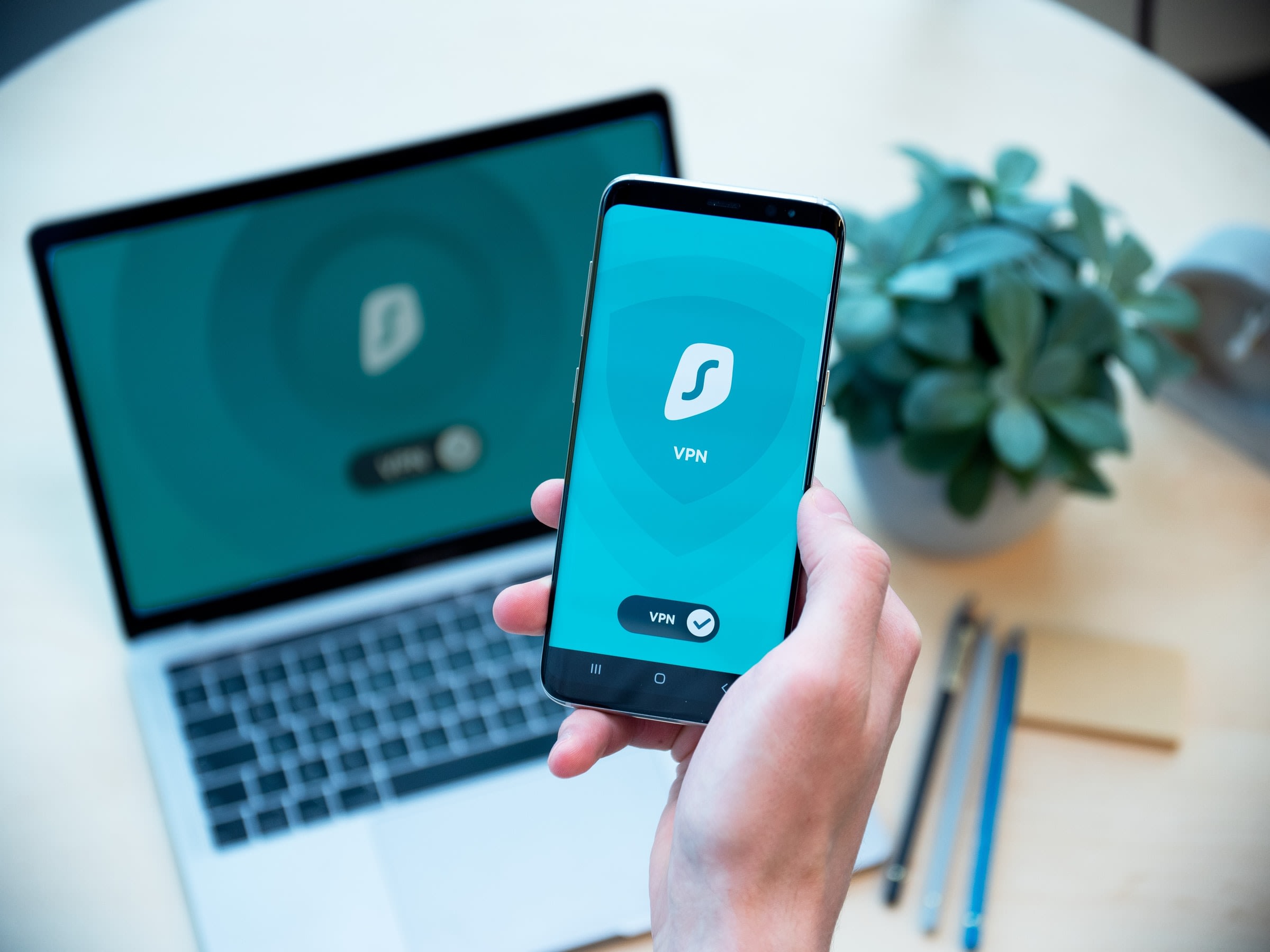In a bid to manage the spread of COVID-19, government and health officials have advised business leaders to encourage their employees to work from home. Since it’s going to take a while before people return to their offices, it’s important to be aware of the challenges associated with working from home. One of the common issues affecting a lot of businesses around the world is cybersecurity.
We have turned our homes into offices. To keep things going, we are using new systems and doing our best to adhere to security policies. At the same time, it’s not easy to draw a line between work and private life. All types of businesses are being done at home with unmanaged printers and routers. Our families and friends are listening to our daily conversations with co-workers.
 Apart from that, professional hackers are always coming up with new ways to attack the system. Some are old tactics while others are new scams that prey on our desire to avoid infection, get news, or purchase basic supplies. You have to come up with new ways to approach security.
Apart from that, professional hackers are always coming up with new ways to attack the system. Some are old tactics while others are new scams that prey on our desire to avoid infection, get news, or purchase basic supplies. You have to come up with new ways to approach security.
One of the most important things to keep in mind is that you can do anything to enhance your organization’s security. However, you cannot do everything. Security does not eliminate all risks because not all threats can be exploited simultaneously.
Discuss the risks with your team members early and often. The risks you face today will be different from those you’ll face next week. Today, we are going to discuss the common security risks that most businesses face today. And how they can handle them. Let’s get started!
Hackers manipulating VPNs without the whole view
According to essay help, Virtual Private Networks are becoming the new lifeline for most organizations, extending secure networks to our homes. However, most home networks have already been infected with malware. A compromised system can allow hackers to access information through the VPN.
It’s important to have strong authentication and perform regular checks once the VPN is in place. VPNs have vulnerabilities. Therefore, it is important to understand and internalize how they work instead of blindly trusting to reduce the risk of attacks. You should also contact your hardware and software providers to ensure that their security policies and regulations are in place.

What Are the Main Cybersecurity Risks?
Weaponized information
In the past few years, attackers have been taking advantage of human weaknesses. For instance, a group of hackers developed a mobile application posing as a legit one developed by WHO. Vulnerable people can easily mistake this app for the real one.
Once they download and install it, the app starts stealing sensitive data using a trojan. These attacks weaponize tools and information since they can be done easily using apps. Now that COVID-19 has become a shared crisis, we need to defend ourselves using the right education and awareness.
Physical location
When your employees take computers and laptops home or use their machines to work, those gadgets sit in a digital space that’s different from that of the office. Unlike the office, the average home has complex and diverse communication systems thanks to gaming consoles, routers, foreign machines, home automation, and printers.
Employees might be taking calls close to family members or friends who work in other companies. You shouldn’t take anything for granted especially when it comes to the privacy of remote employees. Simple policies play a huge role in enhancing security. Should your employees use their cameras during meetings? Should they write down notes or use digital apps?
What forms of communication are acceptable? What happens when others overhear important information? You need to address these questions as early as you can to avoid a crisis. Most importantly, listen and adjust when things are not working.
Hackers using mobile platforms
Focus on mobile phones because they are the most pervasive platforms in our lives. Most employees will use mobile phones and applications to communicate and perform most tasks. Organizations have established policies that define how their mobile phones can be used. If you don’t have these policies, set them. Get ahead of mobile devices before dealing with other gadgets.
Simple Cybersecurity Tips
Install an antivirus software
You cannot work using unprotected gadgets. Antivirus software prevents malware from attacking your system and compromising your work. Always go for antivirus software that has been developed by reputable organizations.
Update your system and programs
According to assignment help UK, systems and programs are updated regularly to make it harder for a hacker to exploit their weaknesses. Ensure that your operating system is running the most recent version. Enable automatic updates to make your systems run efficiently.
Avoid oversharing your screen
If you attend online meetings regularly, exercise caution when sharing your screen. Avoid leaving windows that you don’t want to share openly. Accidents happen. And you might end up sharing things you didn’t intend to. Oversharing content may make it easier for hackers to know and exploit your weaknesses.
Avoid sharing personal information on social media
Don’t share any personal information on social media platforms or email. If you have to share, check the email address twice to avoid sending it to the wrong person. You should also avoid sharing pictures of your home office on social media. You might end up sharing important information. The same applies when using your webcam.
Secure your home network
Ensure that your Wi-Fi network has been encrypted. Your Wi-fi has to request users for a password to allow access. If it doesn’t, make changes to your router settings. You also need to change your router’s default password immediately after installation. If a hacker gets through your router, he or she can easily access information from your devices. Also, keep changing your password regularly to enhance security.
Be available
Let your employees know that you are available for them especially during working hours. You should consider creating or enlarging your helpdesk to support your employees and solve security problems that arise.
Conclusion
Back in 1665, universities and businesses were closed due to a pandemic called the Bubonic Plague. Sir Isaac Newton left Cambridge University and spent two years at his home working on theories. It was during these years that Newton discovered optics, calculus, and gravity.
What can we learn from this genius? He managed his time effectively. He took his work seriously even though he was working from home. Now that the coronavirus pandemic is here, let’s make the most of this opportunity like Newton. And we’ll achieve our goals. All business leaders should prioritize security to succeed in the future.
Author Bio
Tobias Foster is a journalist and editor at top essay writing service and college paper writing service with more than 5 years’ work experience and big ambitions. Philosophy, marketing, and business are his passion, and he has a wealth of knowledge in that field. He is a master of his craft.
Further Reading:
Learn more about remote work by following these influencers
What Are W-8 BEN and W-8 BEN-E Forms?



